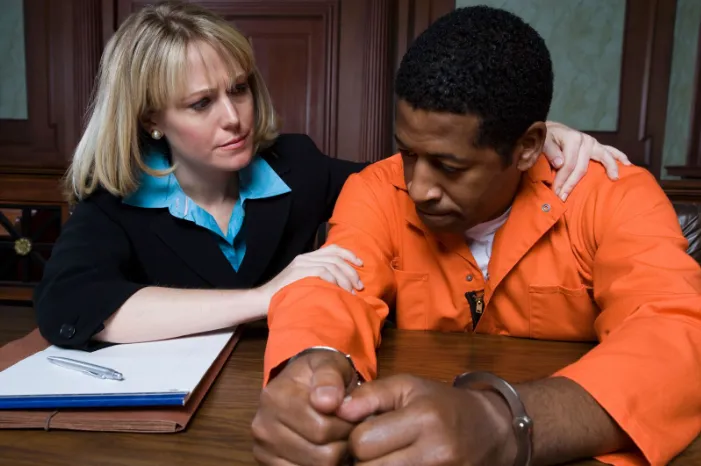What Makes a Criminal Defense Lawyer the Best Option if Accused of a Crime

A criminal defense lawyer is a person who is appointed by the court or can act as a private counsel to defend a person accused of criminal violation. Criminal defense lawyers are generally employed by the state or sometimes a private entity. They take on many of the tasks related to prosecuting offenders, such as investigation, presenting evidence for the case and legal advocacy. They can also provide alternative sentencing options for those who might otherwise face harsh penalties like prison. There is a variety of criminal defense lawyer programming available in both public and private sector media channels.
Legal aid is a public service provided by public agencies that offers lawyers to the indigent criminal defendants. The primary difference between legal aid and other services is that legal services are usually offered in the form of pro bono legal assistance. Some jurisdictions have programs that provide free legal assistance to indigent persons, but do not make the services available to all people through a centralized program (e.g., on an “as needed” basis). Legal services may be provided directly by public agencies or they may be developed and operated through partnerships with private organizations.
There are several other techniques that can be used to minimize the negative consequences of a criminal conviction.
In many countries, a person convicted of a crime may be asked to provide details about his or her personal history to assist in the sentencing process. This information may include personal data and an account of his or her offense, experience with substance abuse, psychological state, and family situation. These details may be used to tailor the sentence to the individual’s circumstances. For example, if a person has a history of drug use, he or she may be expected to participate in counseling programs designed to address addiction problems, or the court may impose a more lenient sentence based on this information. The existence of off-the-record conversations between judges and the defense lawyers is controversial in many jurisdictions because it seems to offer an unfair advantage to one side in criminal trials.
A technique of gathering evidence is to establish a “dossier” on a particular criminal suspect or defendant. A dossier might contain information about a person’s background and behavior. The police often use such dossiers to provide information to the court in support of their case against the suspect and in anticipation of an appeal to reduce the sentence.
In cities such as Savannah Georgia, the rules of court provide that a defense lawyer may be excluded from the courtroom if he or she is deemed to have acted inappropriately. In some countries, this is known as exclusionary rule. This means that any information presented by the defense lawyer may be considered invalid and inadmissible by the court .
Criminal lawyers are involved in plea bargains where they negotiate with the prosecutor in order to get a reduction in charges or sentencing guidelines. Criminal lawyers should be aware of the possible defenses and mitigation factors in cases where their clients are charged with more serious crimes. Criminal lawyers also ensure that their clients’ rights are upheld throughout the trial process.
Criminal lawyers work together with other attorneys, expert witnesses and investigators in order to present a defense for the accused. These people are usually contracted individually or through a private firm, which can be either one or the other depending on state laws. Criminal lawyers work on a contingency fee basis and are not entitled to receive a percentage of the client’s recovered money in return for their services. Criminal lawyers are often hired through either the prosecution or the client. The amount of money they will be paid is determined by a standard fee schedule which may vary by state.
In most situations, criminal lawyers act as both advocates and investigators for their clients. A criminal defense lawyer will often coordinate with another attorney specializing in the case to make sure that evidence gathered by the police is presented to the court.
Criminal defense lawyers will often help their clients find expert witnesses and investigators if they can afford to pay for them. Expert witnesses are typically used by the criminal defense lawyer in order to give credibility to his or her case and demonstrate how his or her client’s innocence should be viewed in court.


